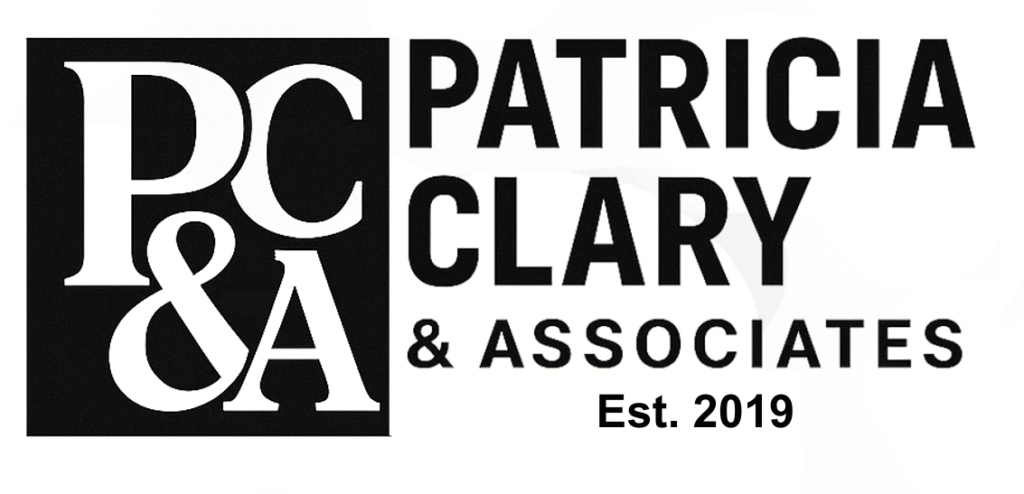Collaboration is essential to success in many fields, and convening leaders are critical in facilitating and managing these collaborative efforts. To be effective in this role, convening leaders must possess various skills and qualities to build relationships, inspire and motivate collaborators, and drive the collaborative effort forward. Broadly categorizing these skills into four areas includes soft skills, hard skills, personal qualities, and leadership and management skills. It is important to understand the specific soft skills, hard skills, personal qualities, and leadership and management skills required for convening leaders to succeed in their roles and to develop strategies for honing and developing these skills to facilitate effective collaborations. Effective convening leaders understand that successful partnerships require more than just technical expertise or subject matter knowledge. They also recognize that building and managing collaborative relationships requires various interpersonal and management skills. Let’s look closer at a convening leader’s soft skills, hard skills, personal qualities, and leadership and management skills.
Soft skills are critical to a convening leader’s success in building and maintaining collaborations. These skills include being a connector, having flexibility, actively listening, showing compassion, being transparent, and being visionary. A convening leader who is a connector is skilled at building and maintaining relationships with others, bringing people together to achieve common goals, and identifying areas of overlap between different stakeholders. Flexibility is important because adapting to changing circumstances and being open to new ideas and approaches helps keep collaborations moving forward. Active listening is essential in understanding the perspectives of different stakeholders, demonstrating empathy, and building trust. Compassion is key in showing care and kindness towards others, while transparency helps build trust and credibility. Finally, being visionary helps a convening leader to think creatively and strategically, develop a clear vision for the future of the collaboration, and inspire others to work towards that vision. By possessing and leveraging these soft skills, a convening leader can help create an open, supportive, and inclusive collaborative environment, resulting in greater success for all stakeholders involved.
In addition to soft skills, a convening leader must possess several hard skills to build and manage collaborations successfully. These hard skills include project management, financial management, data analysis, and communication. Project management skills are essential in setting goals, developing timelines, and managing resources to achieve collaboration objectives. Financial management skills are vital in managing budgets, securing funding, and ensuring financial accountability. Data analysis skills help convening leaders gather and interpret data, make informed decisions, and measure the impact of collaboration efforts. Finally, practical communication skills are necessary for building relationships, engaging stakeholders, and conveying information clearly and concisely. By possessing and leveraging these hard skills, a convening leader can ensure that collaboration efforts are well-managed, transparent, and effective in achieving the desired outcomes.
Along with soft and hard skills, a convening leader must have specific personal qualities to lead collaborations effectively. One of the essential personal qualities of a convening leader is integrity. They must be honest and transparent in their stakeholder interactions and maintain high ethical standards. Another important quality is emotional intelligence, which includes understanding and managing their emotions and those of others, building relationships, and navigating complex situations. Convening leaders must also possess resilience and adaptability, as they will inevitably face challenges and setbacks in building and managing collaborations. They must be persistent and able to learn from failures to move forward and achieve success. Finally, creativity is an important personal quality, as convening leaders must be able to think outside the box and generate new ideas to address complex problems and achieve collaboration goals. By embodying these personal qualities, a convening leader can inspire trust, build relationships, and create a culture of collaboration that encourages stakeholders to work together towards a common purpose.
Strong leadership and management skills are also necessary for convening leaders to facilitate collaborations effectively. One of the most critical leadership skills is setting a clear vision and direction for the collaboration, communicating it to stakeholders, and inspiring them to work towards it. Effective communication is also critical, as convening leaders must be able to convey information clearly and concisely to stakeholders in different sectors and levels of expertise. Conflict resolution is another crucial skill, as convening leaders must manage stakeholder disagreements and opinions to maintain positive relationships and collaboration momentum. In terms of management skills, convening leaders must be skilled at establishing and managing a collaborative team, including recruiting and selecting members, assigning roles and responsibilities, and motivating them to achieve shared goals. They must also possess strong strategic planning skills, with the ability to develop and implement a strategic agenda that aligns with the collaboration’s vision and goals. In addition, convening leaders must possess strong organizational skills, including managing resources, budgets, timelines, and deliverables. Leadership and management skills are essential for a convening leader to lead and manage collaborations effectively. By leveraging these skills, they can ensure collaborations stay on track, meet their goals, and deliver meaningful impact for all stakeholders involved because community matters.
In community,
Dr. Pat
Dr. Patricia A. Clary is a syndicated columnist who consults with nonprofit and business sector partnerships that promote strategic community impact agendas to solve complex societal issues through governance, collaboration, and convening leadership. Connect with Dr. Clary at patriciaclary.com, LinkedIn https://www.linkedin.com/in/pat-clary/, Facebook PatriciaAClaryPhD, or [email protected]. ©2023 All Rights Reserved.
